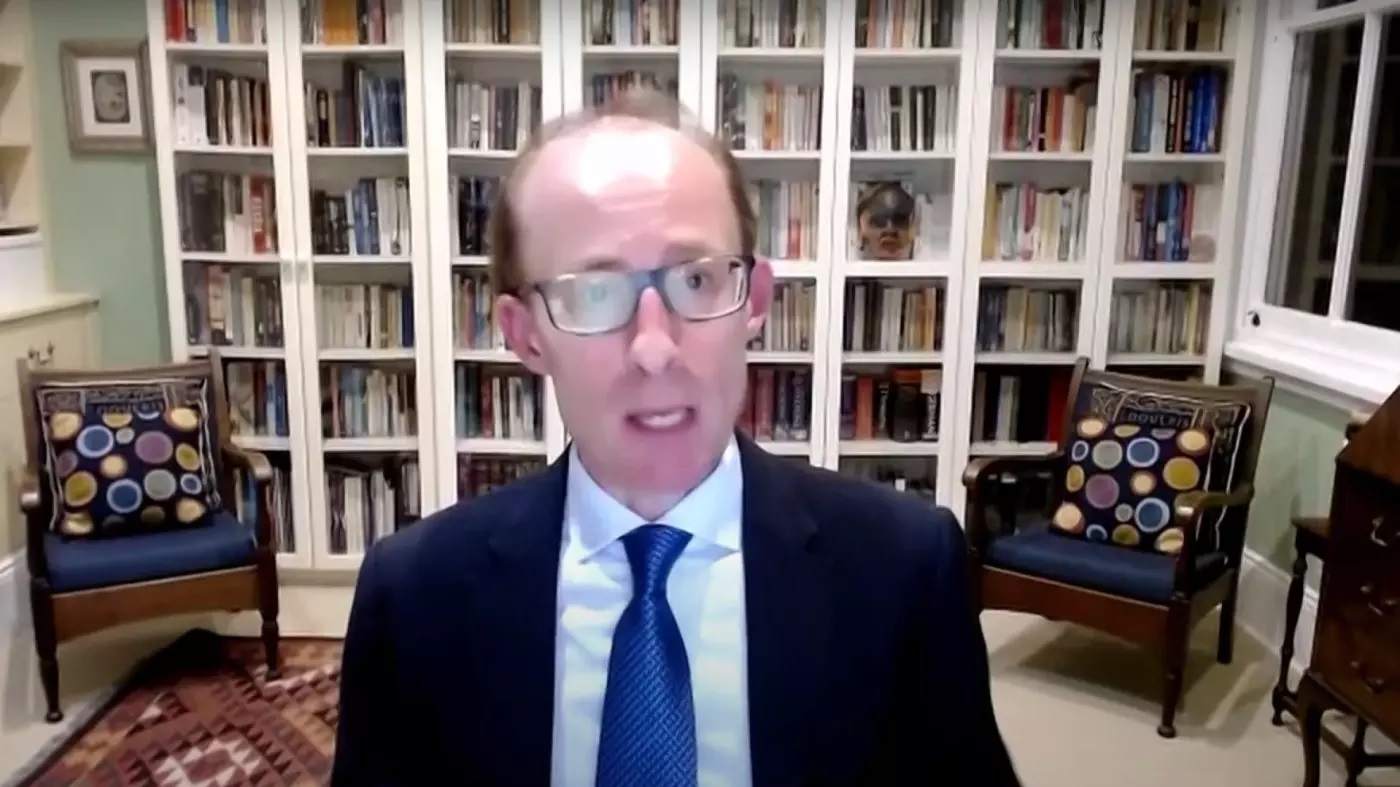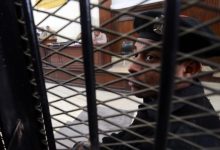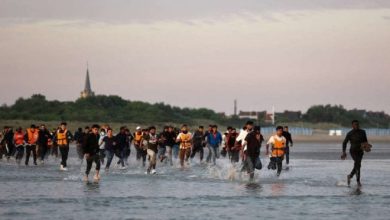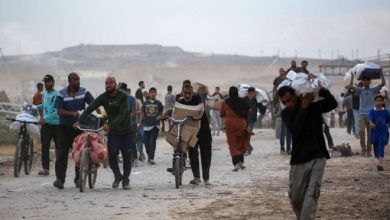Unjust Trials and Human Rights Violations in the UAE: The Plight of the UAE 94

Watan-The Special Rapporteur on Human Rights and Counter-Terrorism for the United Nations stated that terrorism charges against at least 84 men being tried in the United Arab Emirates should be dropped, urging Abu Dhabi to reform its counter-terrorism laws.
Professor Ben Saul, an Australian law expert appointed to the UN position in November, described the mass trial as “extremely retrogressive,” given the UAE’s position as a member of the UN Security Council’s counter-terrorism committee.
During a press conference in Geneva, Saul stated, “It’s truly a terrible example of the misuse of counter-terrorism measures against civil society and its suppression.”
The trial began last December when the United Arab Emirates hosted the COP28 climate talks.
Most of the defendants in the UAE’s largest mass trial in over a decade, dubbed “UAE 94,” have been convicted, with human rights groups alleging political motives and blatant unfairness.
Many had already completed their sentences but remained detained in controversial rehabilitation centers when new charges were brought against them.
Potential Execution
Human rights advocates monitoring the case say this retrial comes with a crucial difference: the charges they face under the UAE’s 2014 counter-terrorism law, enacted while they were in prison, carry potential life imprisonment or even the death penalty.
Saul remarked that the UAE’s 2014 law needs reform to prevent its broad definition of terrorism, noting it’s part of a broader global pattern.
He added, “The UN Security Council urges all countries, including those in the Middle East and North Africa, to implement the supposed global commitments related to terrorism, but how is that done in countries lacking a rule of law culture, lacking sufficient protection for due legal process, and lacking independent judiciaries?”
Saul continued, “It’s not surprising that as a result, counter-terrorism measures imposed from New York end up being used in a wholly abusive manner.”
Falah Sayed, a human rights official at the Geneva-based MENA Rights Group hosting the press conference, noted that the UAE’s 2014 law defines terrorist activity as any act committed for a terrorist purpose or result.
He added, “We don’t know what constitutes a terrorist purpose or result… Anything can be interpreted that way; vague and loose definitions allow authorities to link any action to terrorism.”
The new trial has been ongoing for over four months. Relatives of some defendants told Middle East Eye that lawyers representing the men refused to share any details about the trial, saying they had agreements with authorities not to disclose information.
During some proceedings, family members were not allowed to sit in the courtroom at the Federal Appeals Court in Abu Dhabi, instead placed in a separate room equipped with a deliberately muted screen.
Even before the trial began, many families had lost contact with their relatives for several months, including Ahmed Al Nuaimi, whose family hadn’t heard any news about his brother Khaled for nine months.
Ahmed Al Nuaimi said, “My brother disappeared for a long time… Since the pandemic began, my family couldn’t visit him, and they didn’t know anything about him except for some calls.”
He added, “For more than nine months, they hadn’t heard from him until before the trial, he called them saying, ‘Please hire me a lawyer… I don’t know anything about the trial.'”
Ahmed Al Nuaimi was charged in the previous “UAE 94” trial while on a trip to the UK and couldn’t return home for fear of arrest.
In 2021, his son Mohammed, who suffered from quadriplegia and cerebral palsy, was barred from traveling and died in a Sharjah hospital without his parents and five siblings.
Ahmed Al Nuaimi said his family’s experience was not unique, with many relatives of defendants in the UAE 94 group banned from traveling, working, or studying.
He wondered, “How long will this government feel safe and not see any problem in the eyes of the world?”
UN Message to UAE
In January, Saul was among over ten UN experts who sent a letter to the UAE expressing deep concern about the new trial, especially as the new charges violate “the international ban on double jeopardy and retroactive criminal law.”
In a statement regarding the letter, they said, “These individuals should never have been detained in the first place for exercising their legitimate rights and fundamental freedoms.”
The UAE requested an extension to respond to the letter, which will end in a few weeks.
Saul stated he requested a meeting with UAE authorities, adding, “I hope the UAE continues to consider this request and agrees to meet with me so we can discuss the matter further.”






